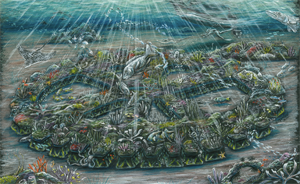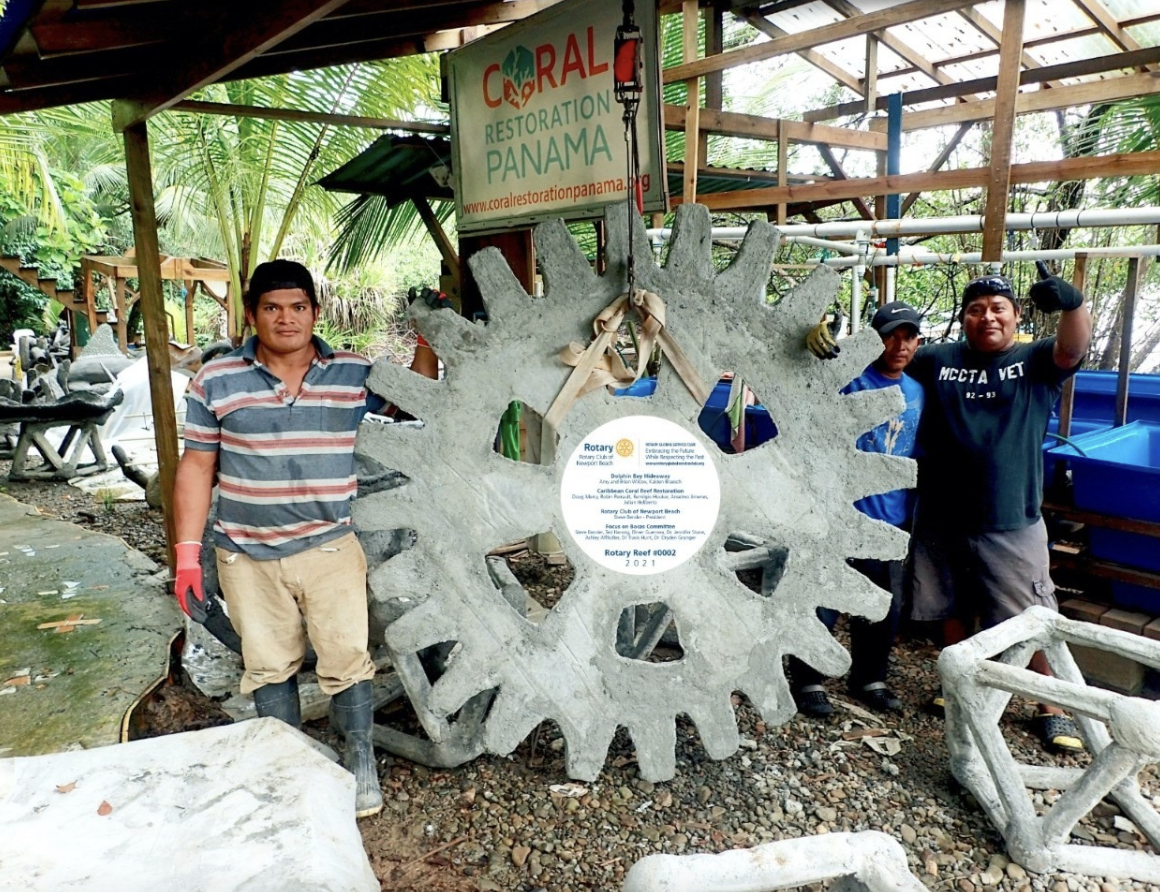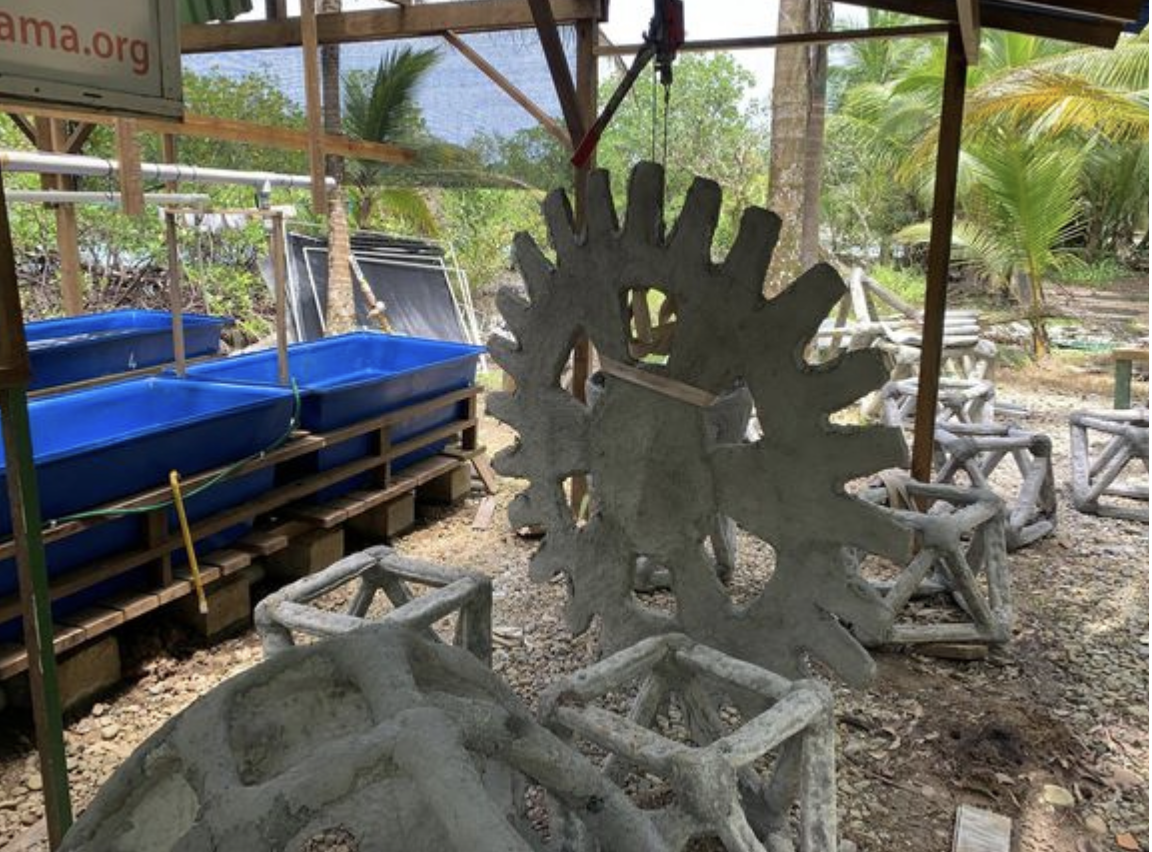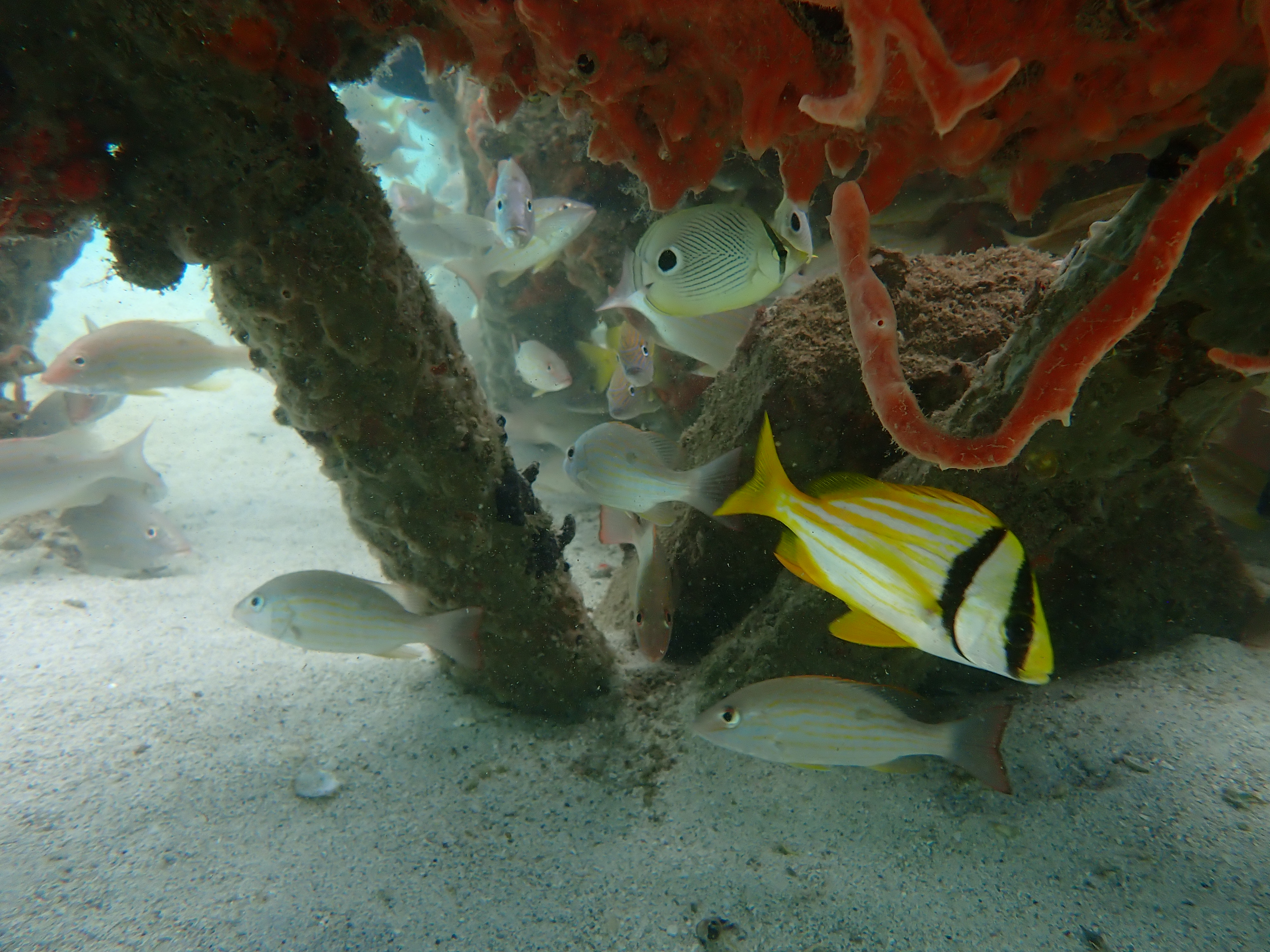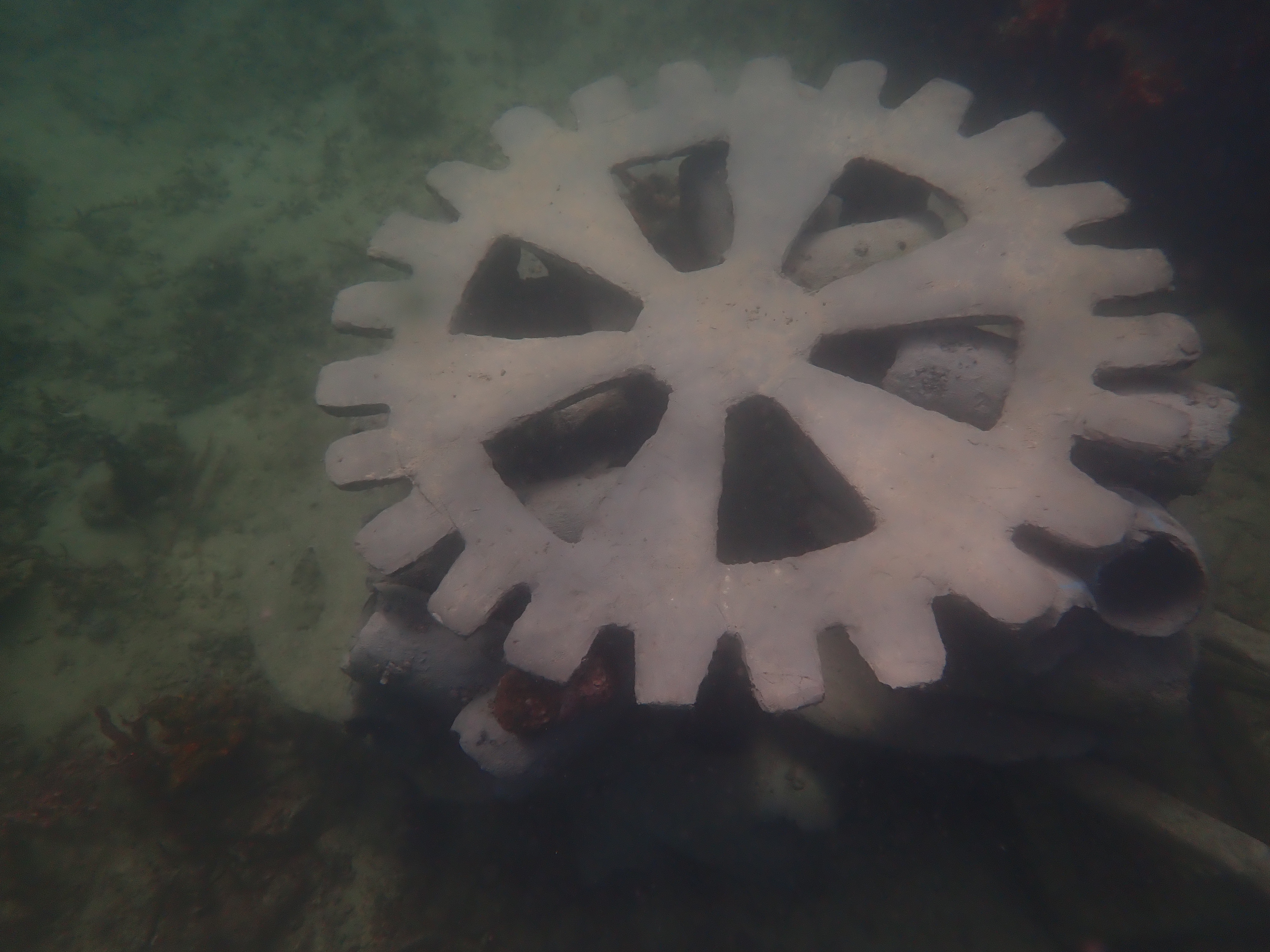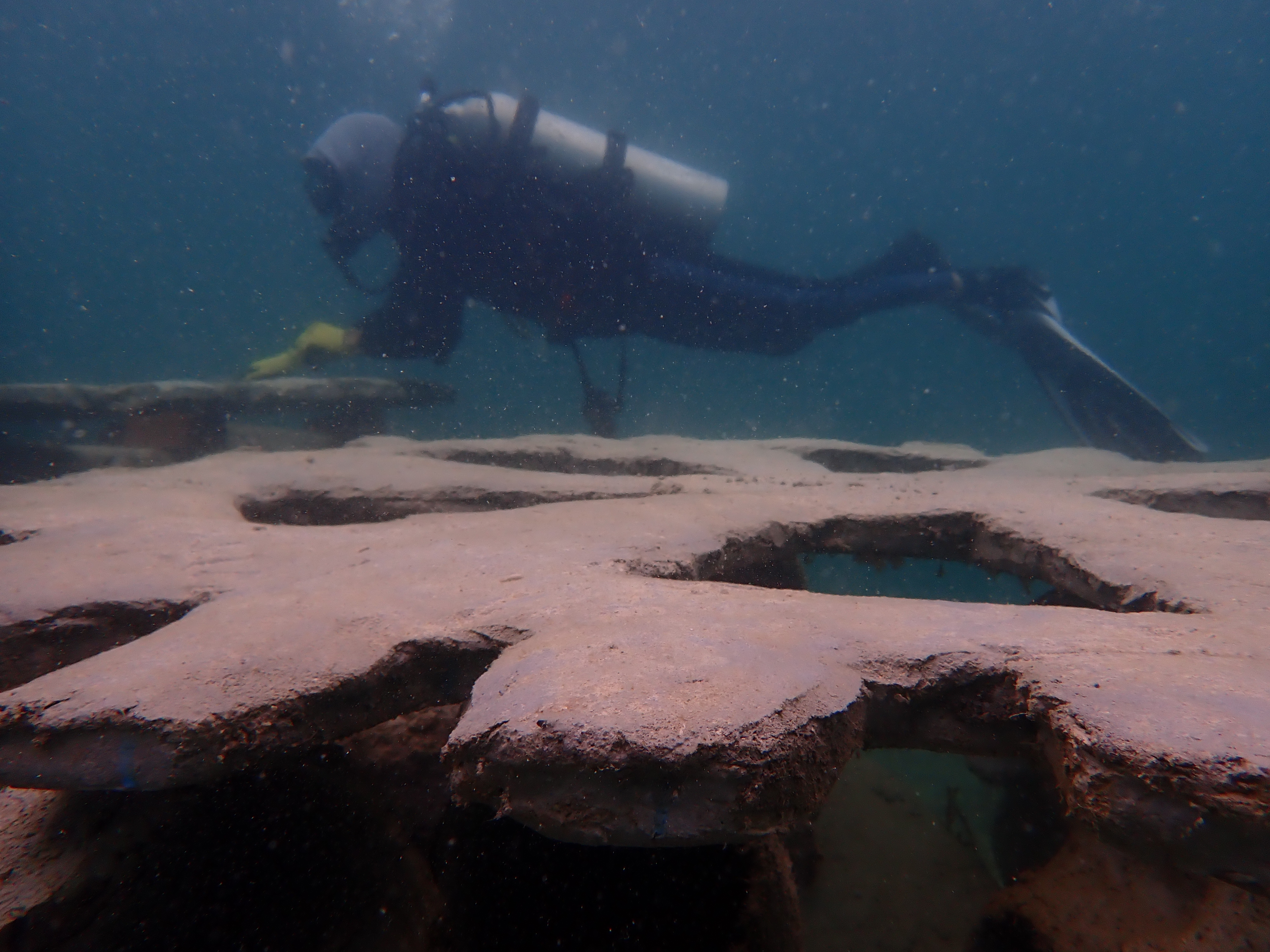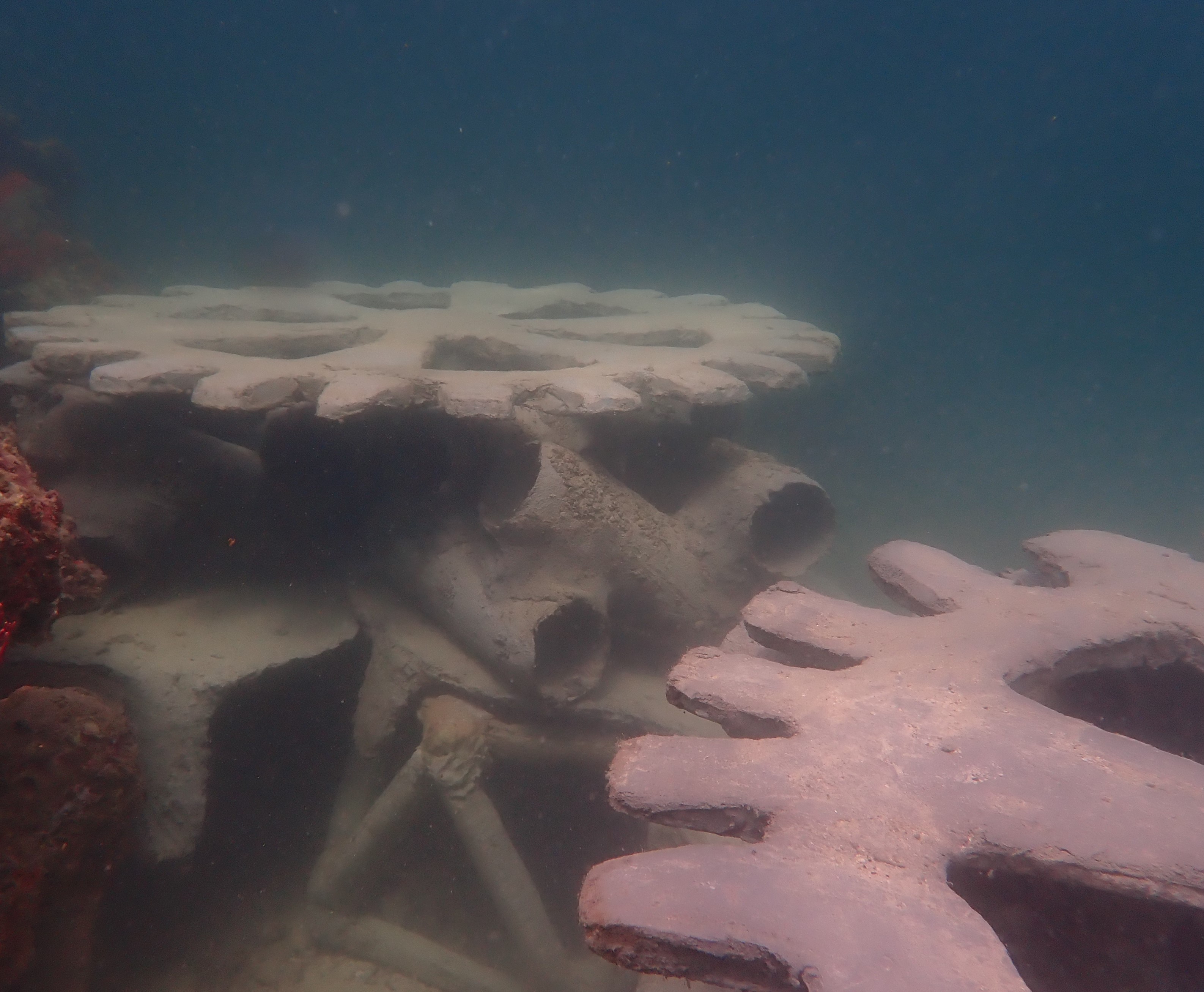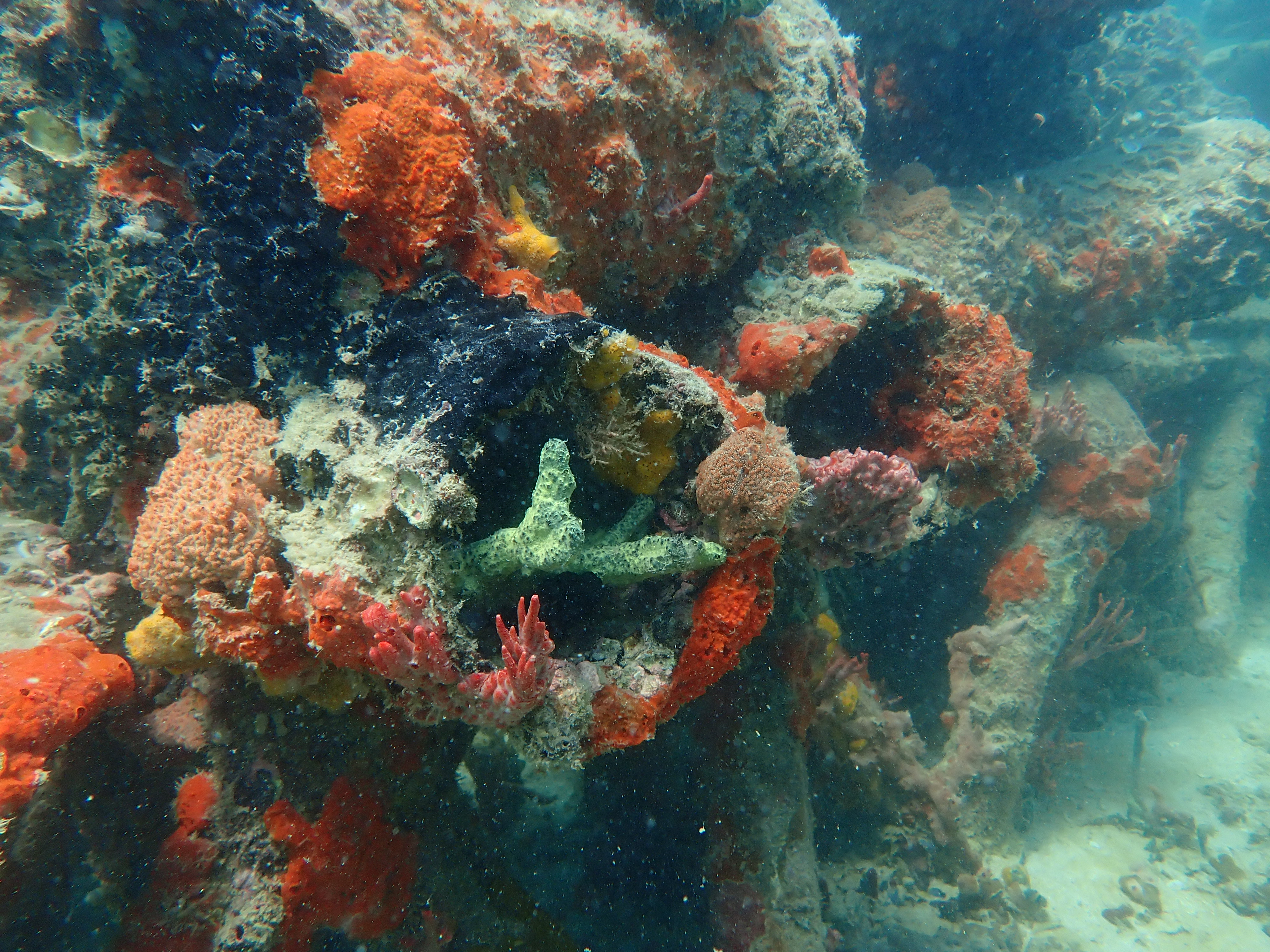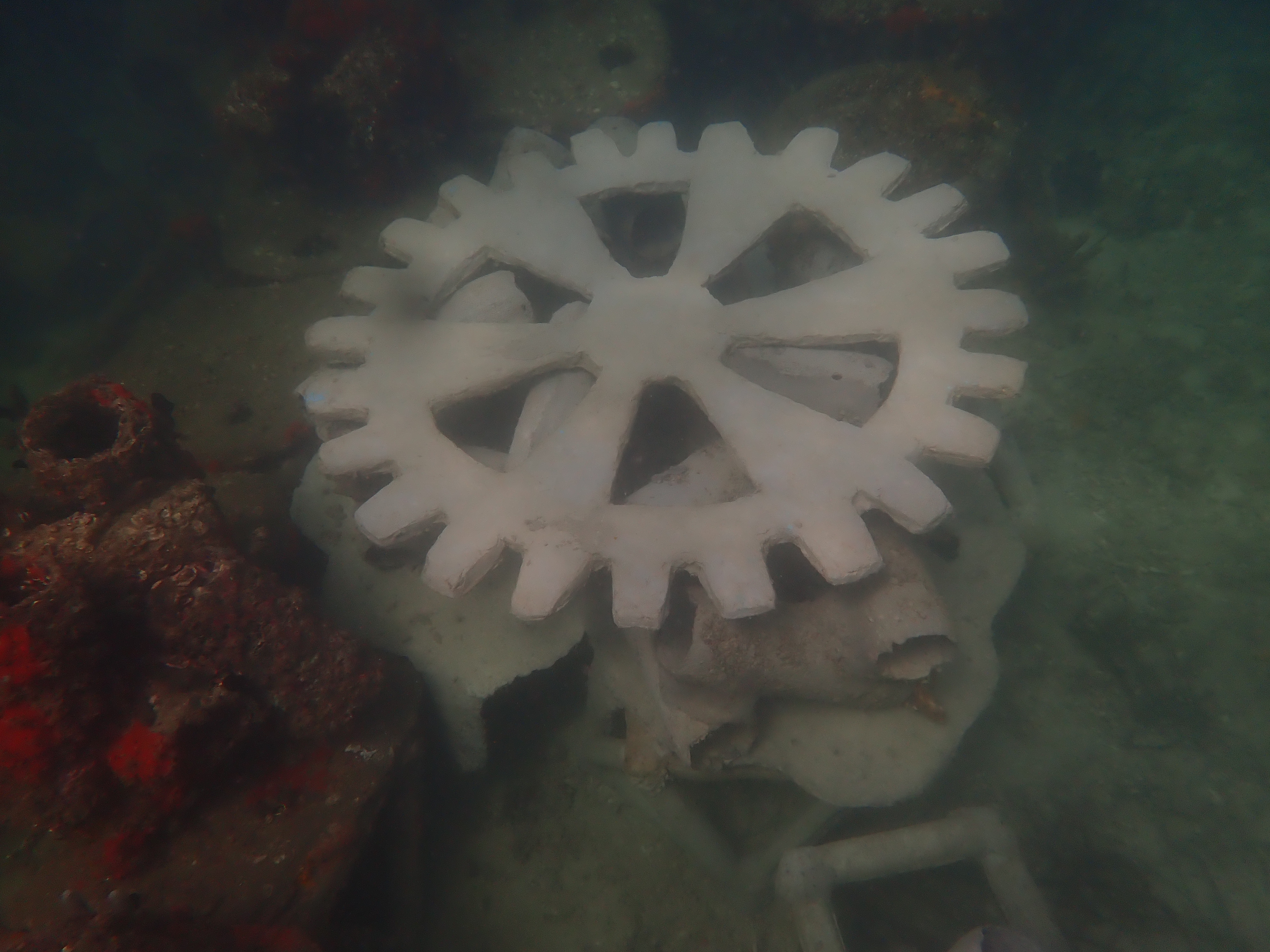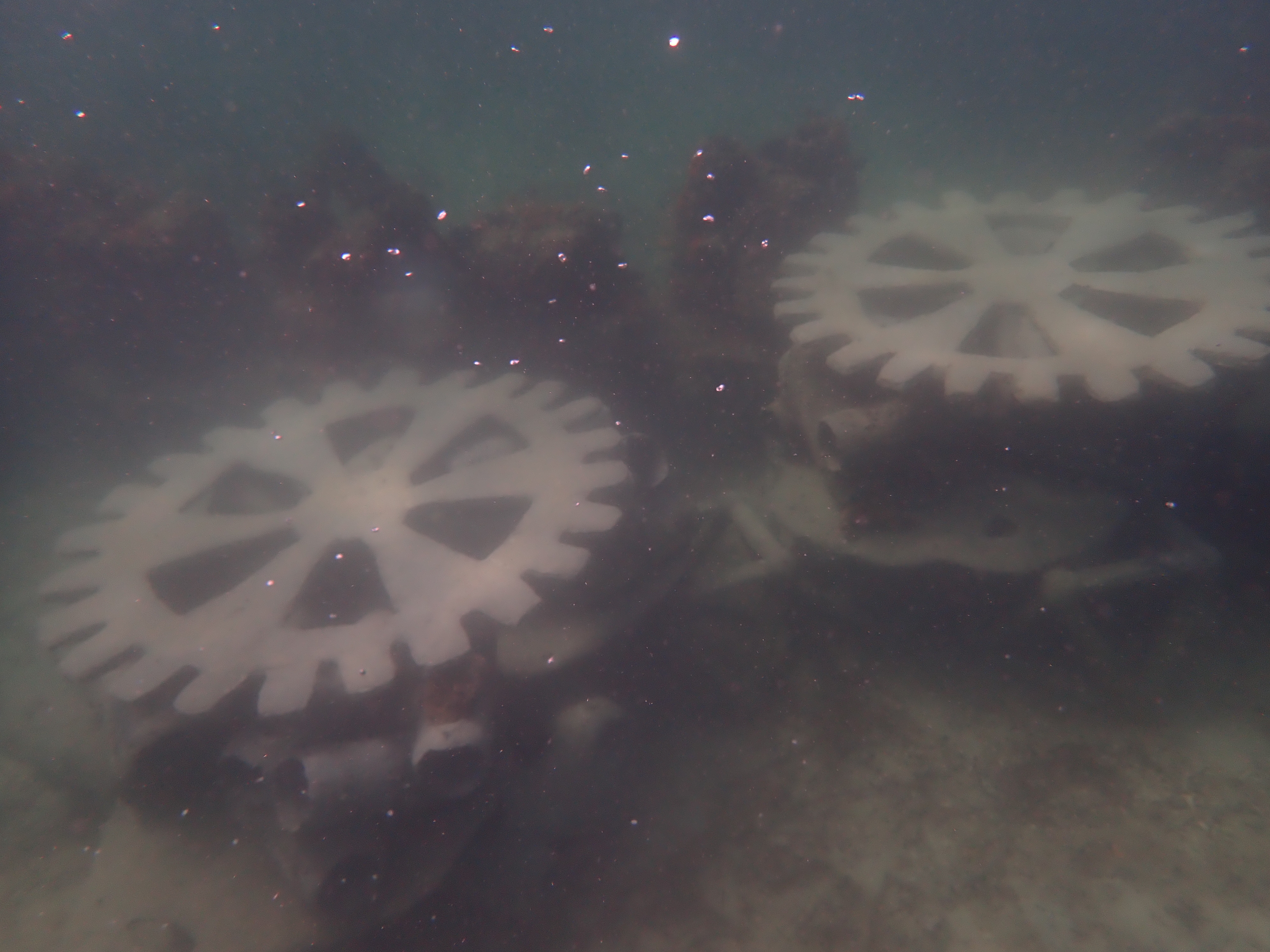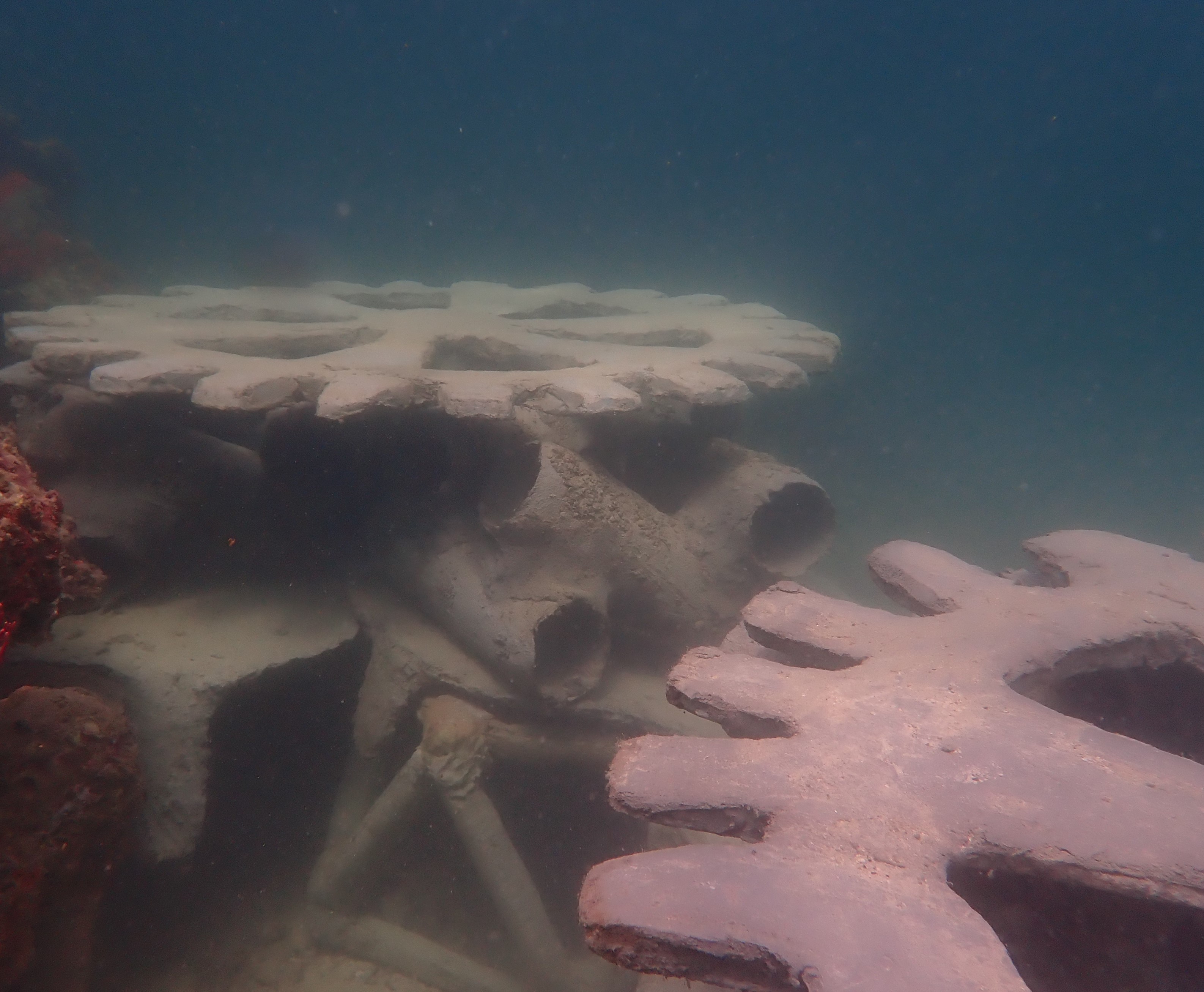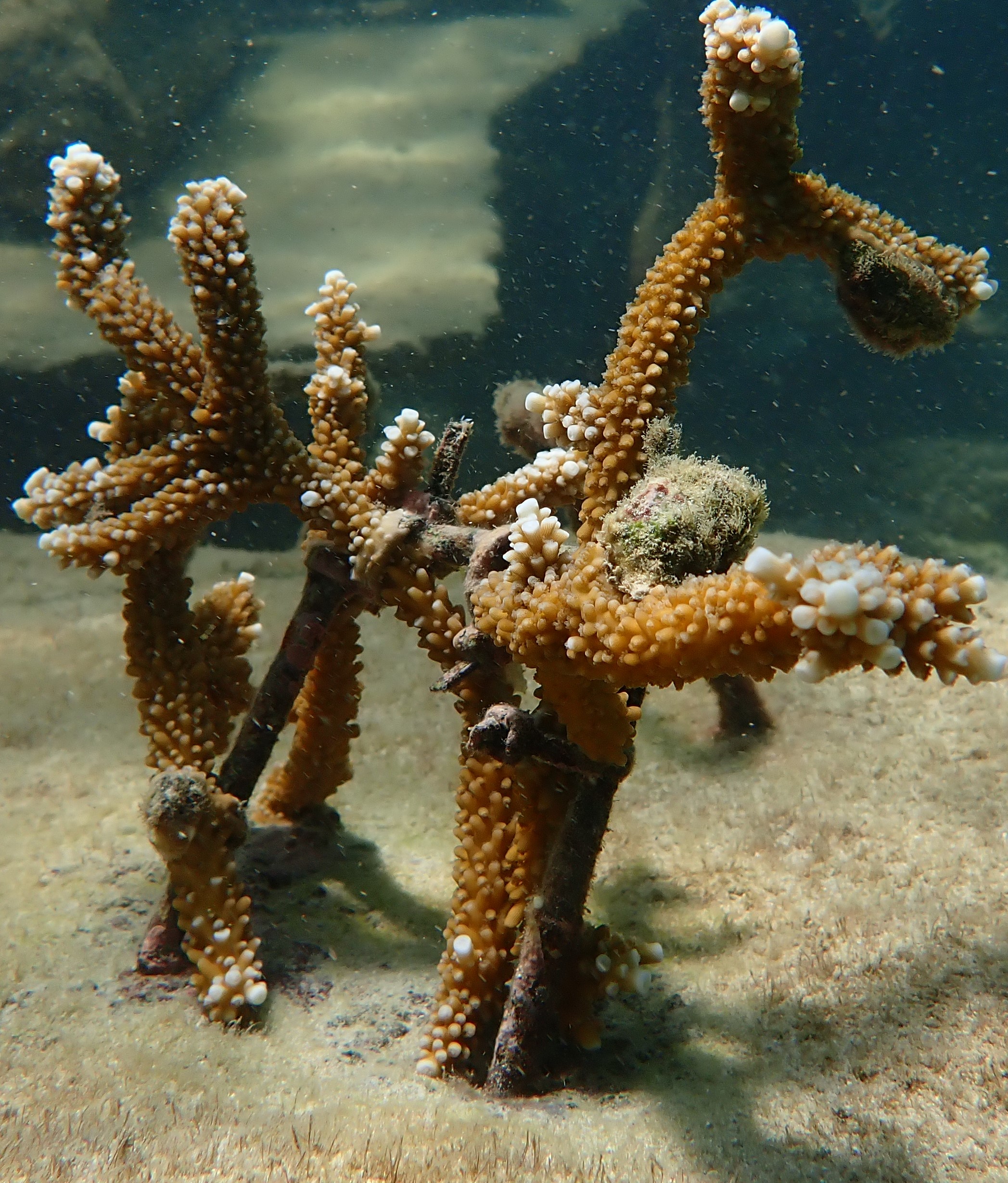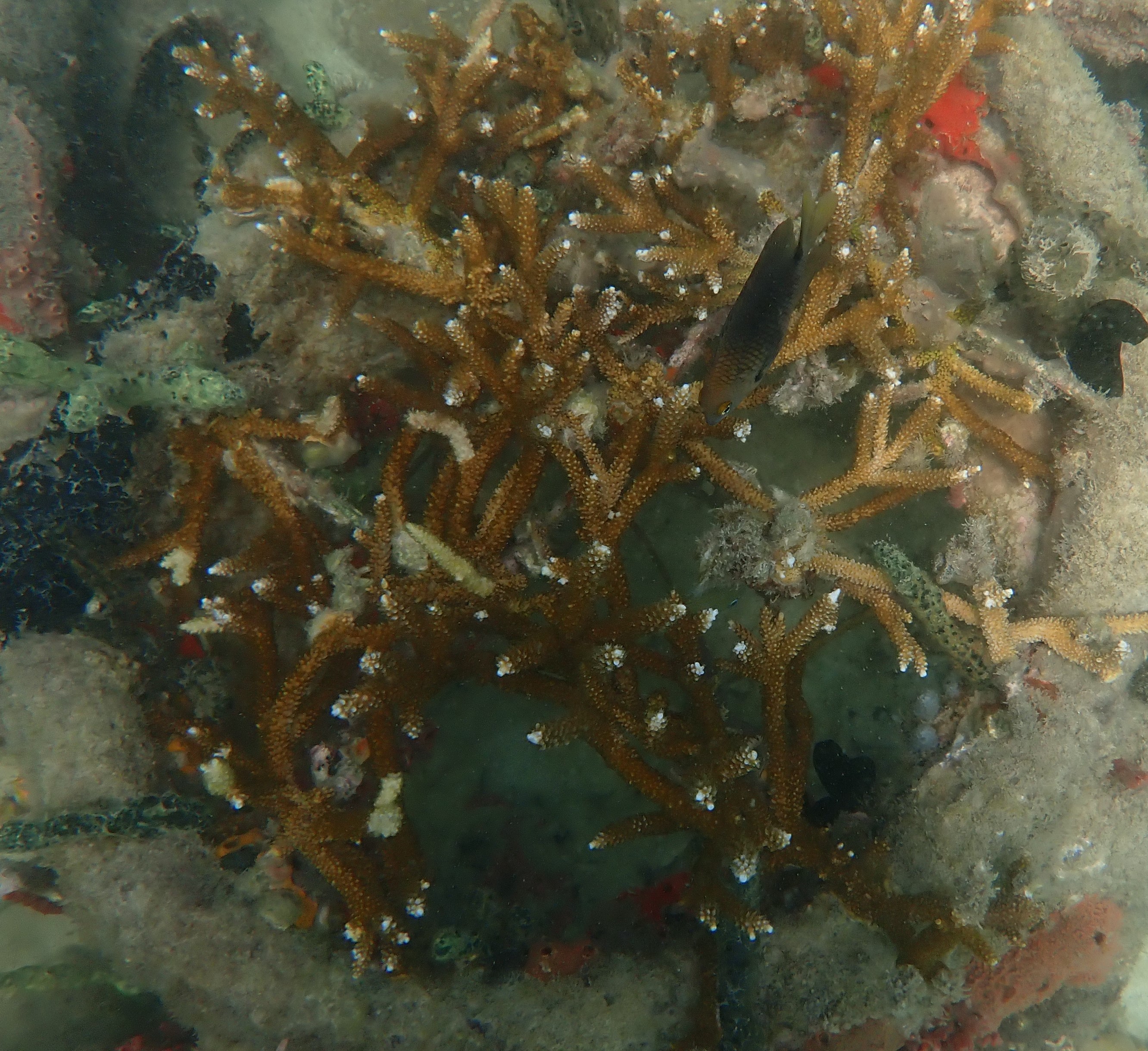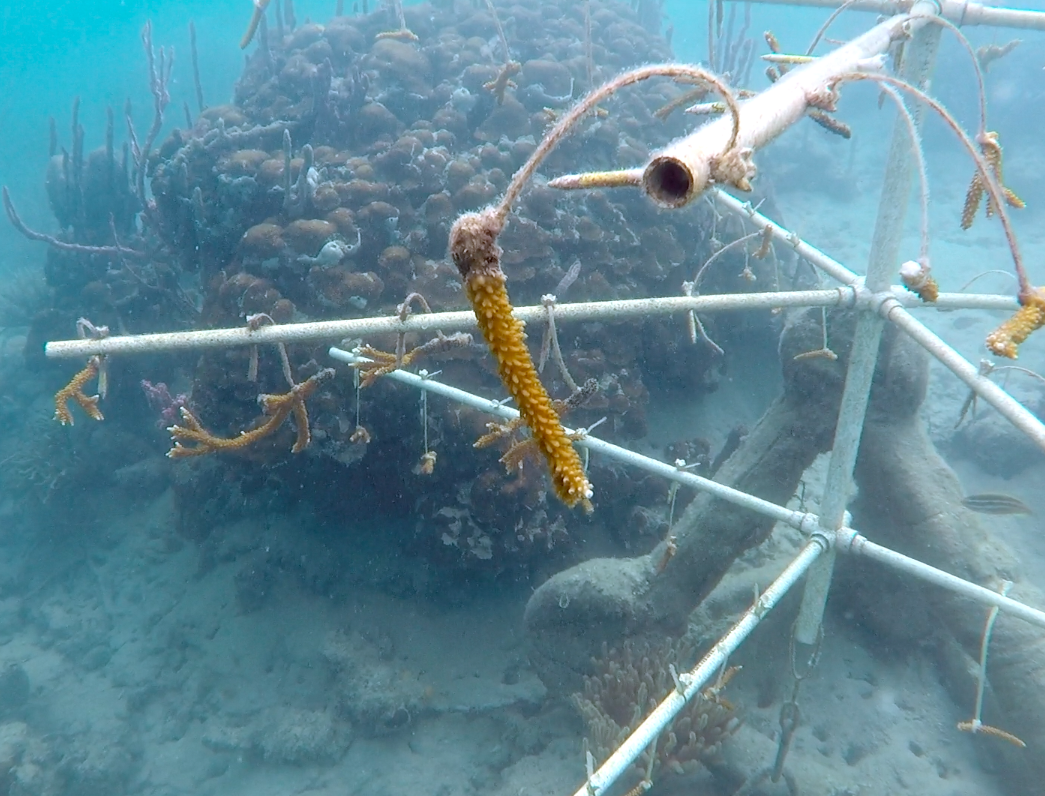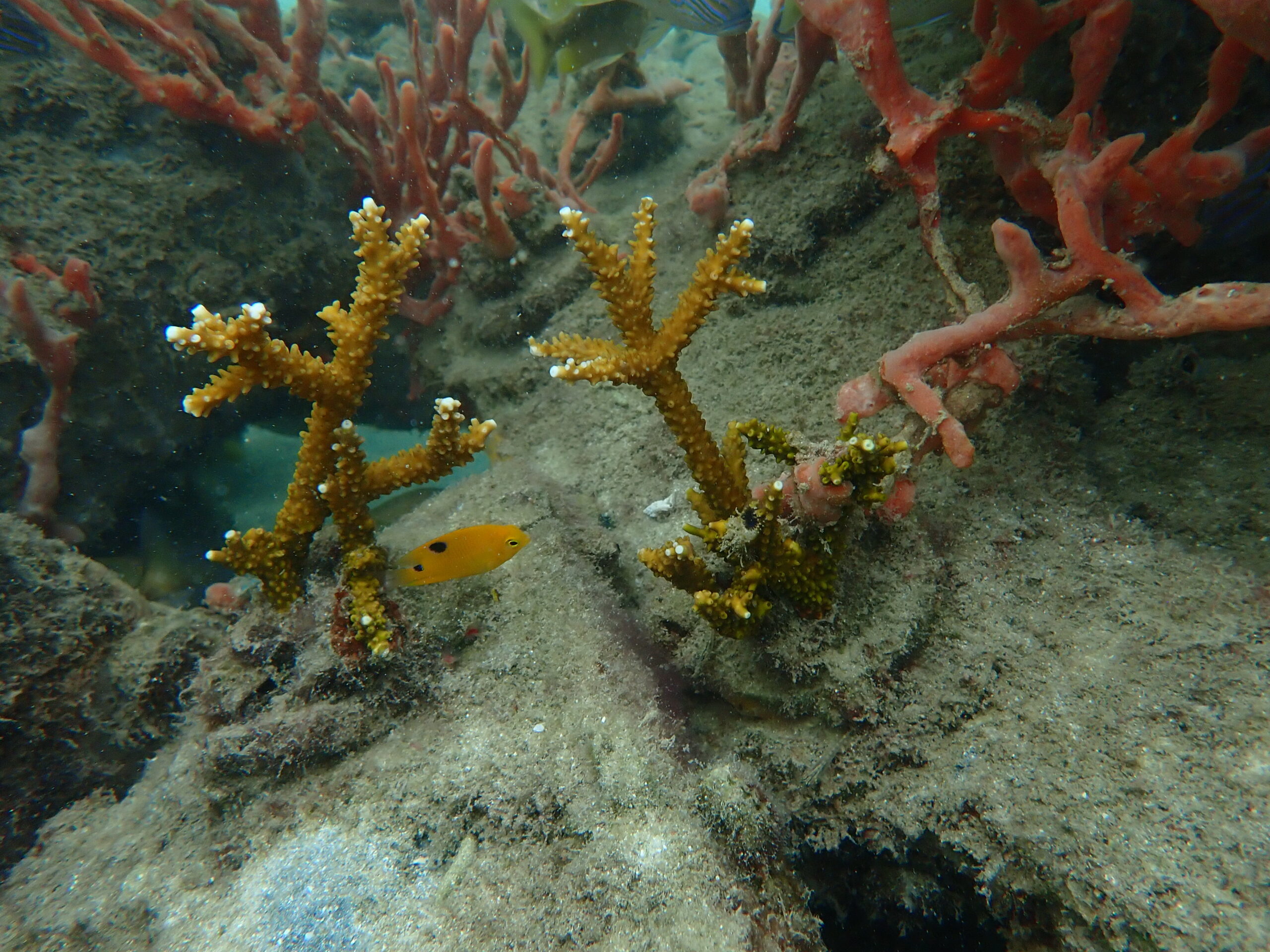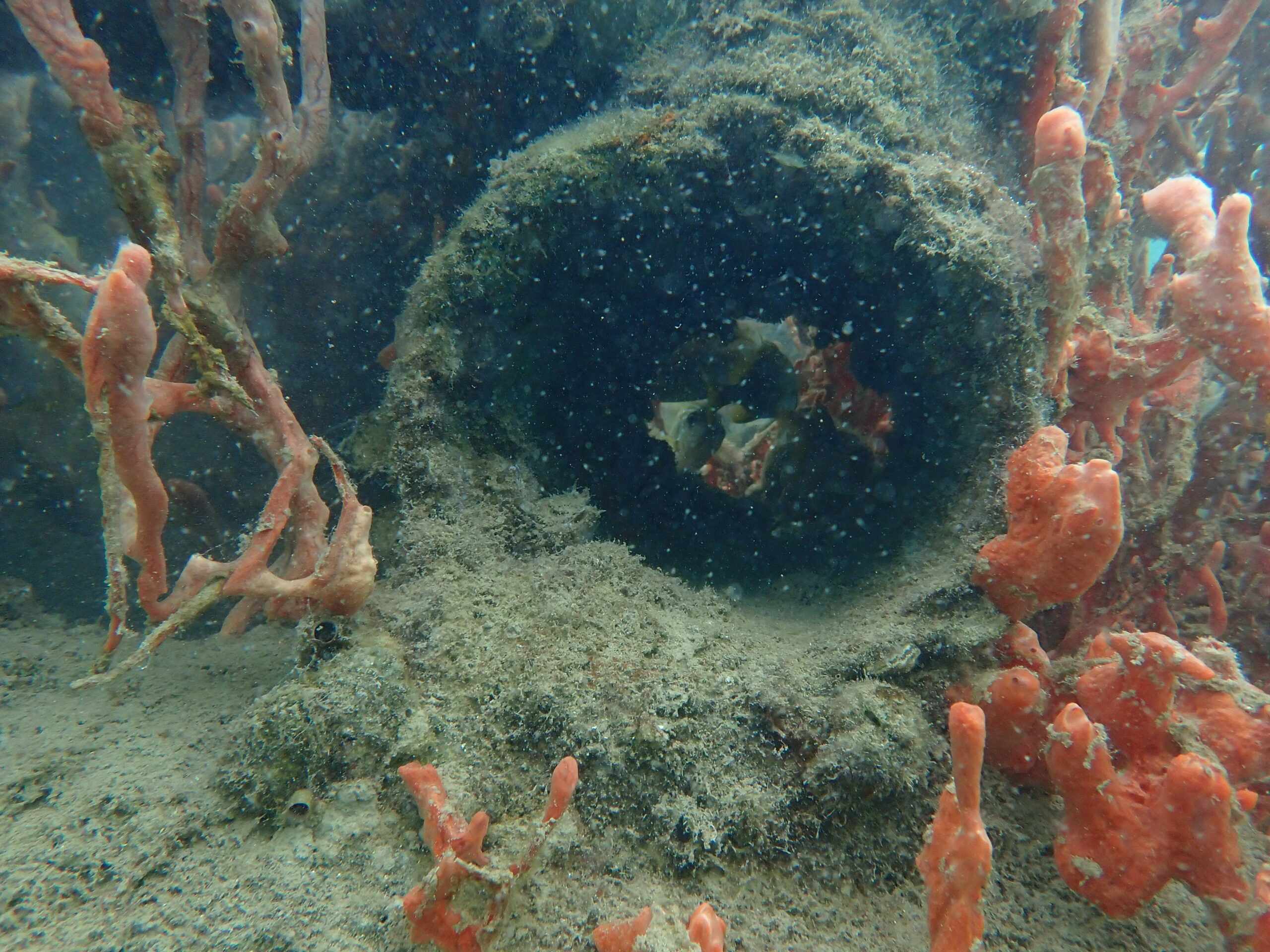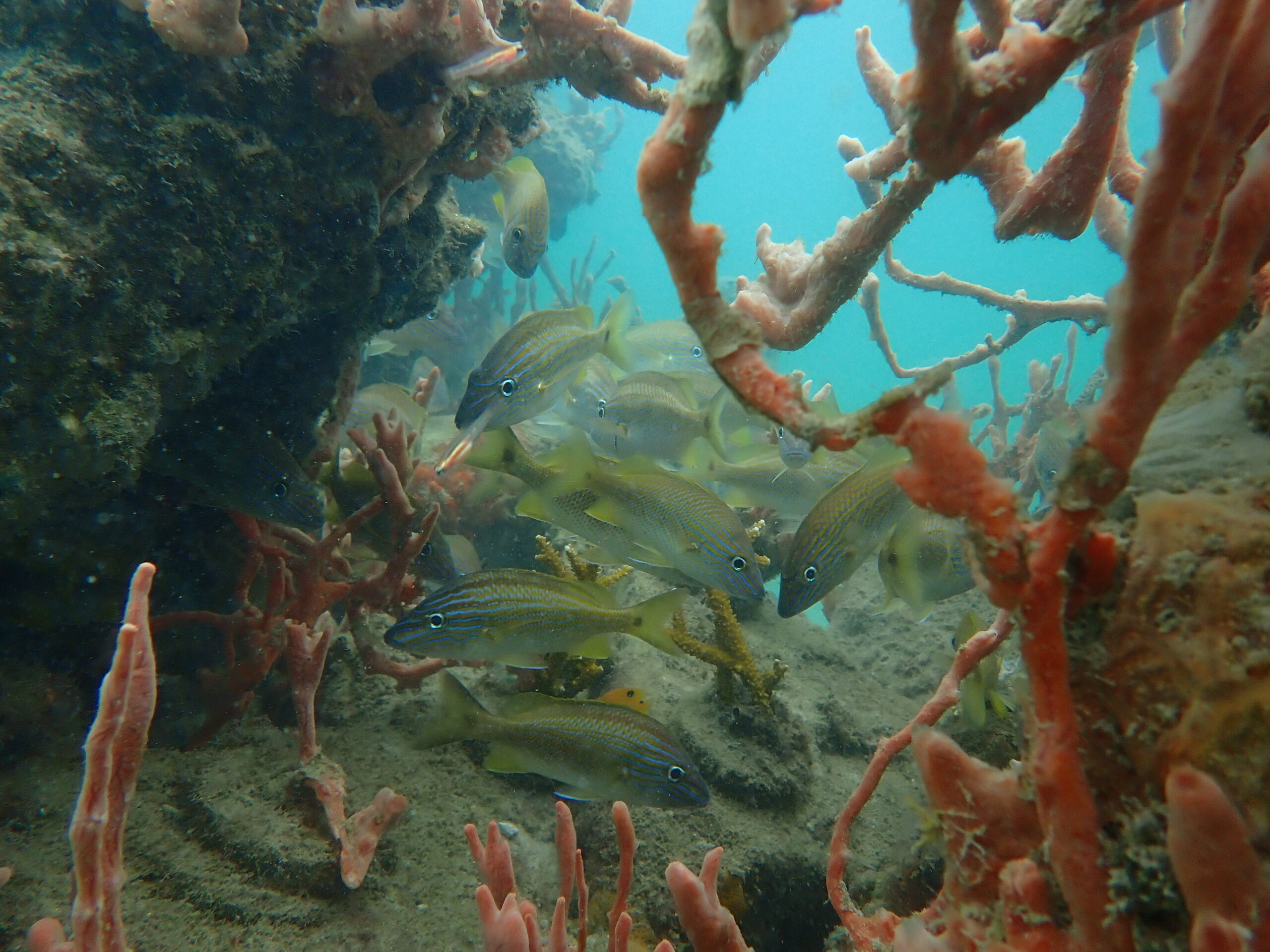2025 Rotary Reef Video Premiere-January 11, 2025
The Climate Action Summit
Sponsored by the Rotary Club of Los Altos, CA-USA
Rotary Reefs 2.0. 2025/2026 Project

Coral Reefs are dying- it is up to us to help save them!
Coral reefs are one of the most important ecosystems on the planet. Some of their amazing functions include:
- Provide food, income, and protection to over 500,000,000 people worldwide
- Provide shelter to over 4,000 species of fish
- Protect coastlines from storms and erosion
- Provide tourism destinations and jobs to local communities
- Act as keystone species to help keep balance in ecosystems
These ecosystems are a vital part of our functioning planet. Unfortunately, coral reefs are dying and they need our help. Effects of climate change and Stony Coral Tissue Loss Disease are the lead killers of coral reefs. Climate change impacts such as ocean acidification and warming waters, and contributing to coral bleaching. The most recent mass coral bleaching in 2017 affected more than 70% of coral reefs.
We have less than 5% of Reef Building Coral left in Florida and less than 7% in Panama. If we don’t act now, these keystone coral species will become extinct, leaving the integral ecosystems that are reefs to degrade and become unable to support any of the thousands of other aquatic species that rely on them for life every single day.
We are working as fast as can to save coral reefs, and we need Rotarians to help! With Rotary Reefs, we are building artificial coral reef structures, where hearty strains of coral are placed to grow. These corals grow, providing habitat for other aquatic species. Together we can make a difference, one reef at a time!
↓Learn more by watching this video↓
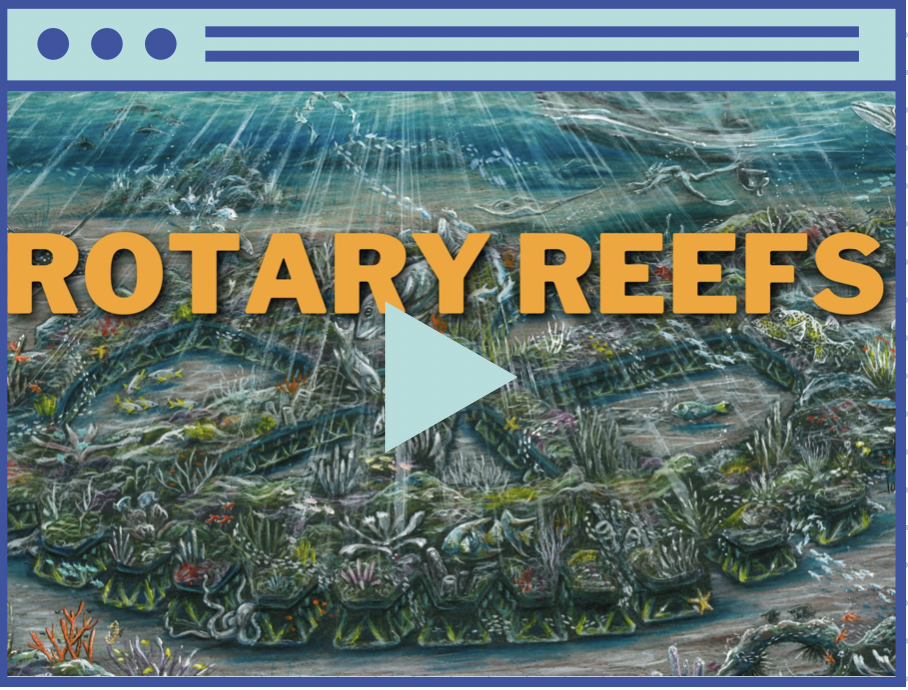
Rotary Reefs for the sea begins here.
Our mission requires that we address the concept of coral reef recovery through a holistic lens. Ocean ecosystems include the management and protection of resources, the quality of life for the plant, animal and human species that live within that ecosystem. This means that our organization is more than just “putting coral structures” in the water. By focusing on growing coral that has proven to be resilient, we are perserving as much genetic diversity as possible to increase ecosystem diversity in coral reefs.
Our Top Priorities
Much of the ecosystem in which we reside continues to evolve — as a culture, as a result of climate change, infrastructure, governmental shifts in legislation — and so does how we implement our mission. The science of the sea doesn’t end with our impact strategy, and we view our projects as on-going experiments, so that the impact of our vision continues to make a difference, with results that help us continue to evolve our organization and it’s impact in the world.
Despite the passage of time and shifting ecosystems, our vision remains the same, with five important areas of impact by which we judge the effectiveness of our efforts.
How we accomplish that vision continues to evolve as we do.
Everything about our mission and our people begins with a profound love for the sea.
How we champion the cause; the rallying cry for our mission, for our programs, our dream to bring health and balance to the Bocas Del Toro ecosystem.
It explains our activism, our unmitigated desire to explore, protect and shepherd the sea. It is the siren song we sing to call our friends, talented team members, most impassioned supporters and advocates to our mission.
Selfie-taking mermaids, turtle conservationists, tourists and beach goers, researchers, artists, philanthropists, fishermen, boat captains, and anyone who’s ever felt their heart leap at the sight of the deep blue…
Love for the sea begins here.

Perspectives on Coral Restoration
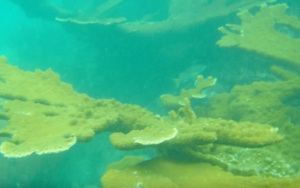
ACROPORA CORAL RESCUE:
We are on a mission to find as many healthy colonies as we can, recover clones that will thrive and seed future generations of these important corals, and to expand our nursery for the additional space needed to protect them.
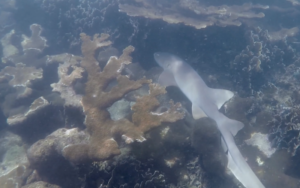
HOPE SPOT BOCAS DEL TORO
Our boat approaches the area where we anchored four months ago and found a huge colony of elkhorn coral we had never seen before. The water of the Caribbean today is calm, and the visibility is the best we’ve seen in a while since it’s rainy.

